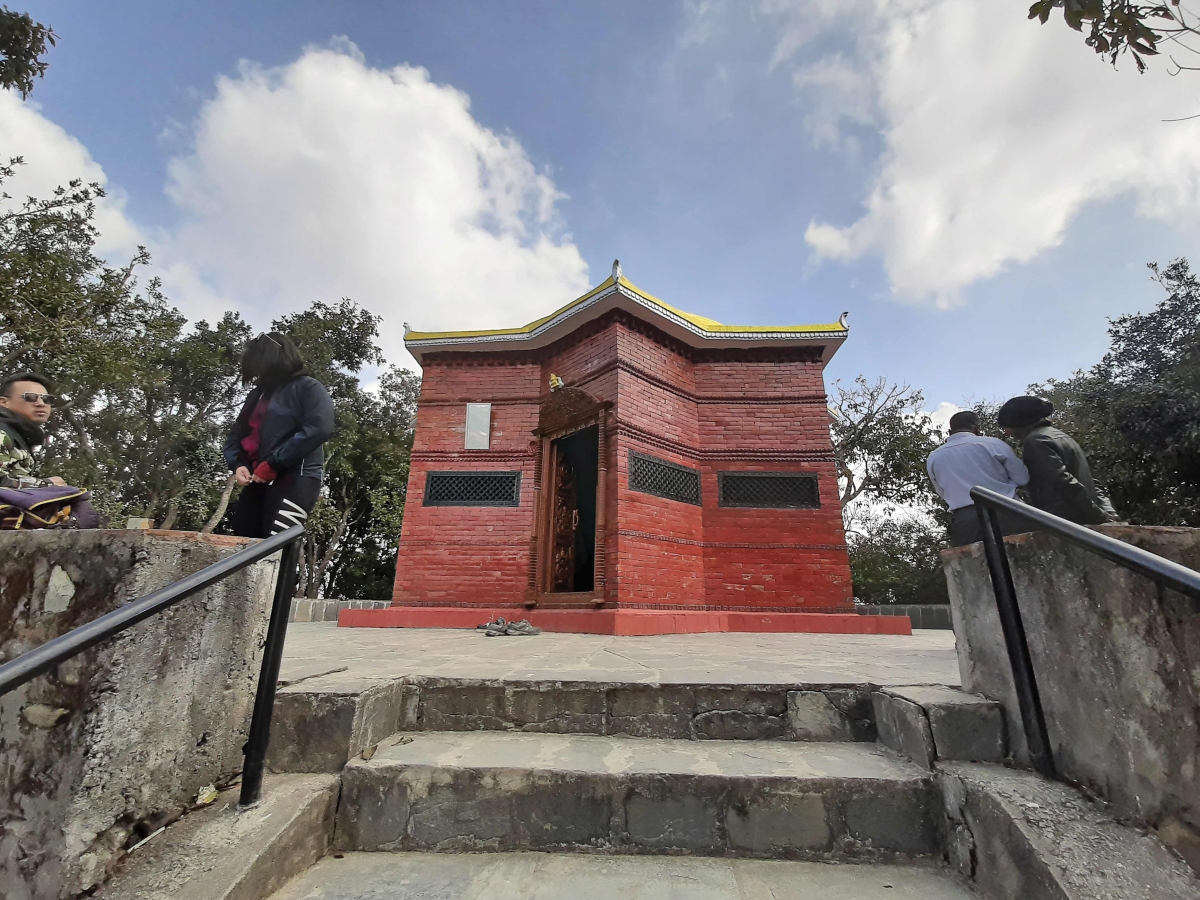Author M. K. Limbu admits that one of the reasons for writing his novel,Fragile Mountains, was to express the deep sense of anger and frustration he felt with regard to the political uncertainty in his country. He points out that “two sets of people are responsible for the quagmire our country is now in - those who stand in the path of change and those who want to bring sudden change by violent means”. This novel “is intended as a rebuke to both of them – the feudalists and the revolutionaries”. However, Fragile Mountains is not a political novel in any simple sense of the term; the writer has no political agenda, and neither is there any single message or “lesson” to be derived from the novel. From beginning to end, it remains firmly rooted in the lives of men and women – characters so sharply individualized and real that we cannot help but be drawn into their lives, dreams, and aspirations.
Fragile Mountains is the story of three generations of a family, that of Dil Bahadur Limbu of the tiny village of Khewang in the eastern hills of Nepal. The Limbus are descendants of an ancient race called the Kirant, a people of Mongoloid origin who arrived and settled in the foothills of the Himalayas thousands of years ago. Most of the land they owned and had cultivated for generations was forcibly seized from them, and today, they are both politically and economically marginalized. For the author, himself a Limbu, the novel is an attempt to explore the identity of his people, “to explore their history, culture, tradition and philosophy of life”.
Dil Bahadur and his family lead relatively peaceful and contented lives in their sleepy little village until the Maoist insurgency of the mid 1990s transforms it into a war zone. Limbu brilliantly captures the fear and helplessness of the ordinary villager caught in the crossfire. Dil Bahadur is forcibly roped in as a Maoist supporter and other villagers are threatened, coerced, arrested, tortured, or even killed in cold blood as the Maoists intensify their operations in eastern Nepal. The representatives of the “state” that we meet in the book are no better – Milan (Dil Bahadur’s son) and his friend, Hari, are brutally beaten up after a brief altercation with a policeman. Later, both Dil Bahadur and Milan are suspected of being Maoist sympathizers, and arrested by the army. In fact, although Limbu is clearly not in sympathy with the violent means adopted by the Maoist party, he shows a clear understanding of the social conditions that have led to their rise – rural poverty; political, economic, and cultural marginalization; gender inequality; the concentration of wealth and power in the hands of an urban few; and what, sitting in Kathmandu, is obvious to all of us (but, is by no means, a new phenomenon), the Kathmandu-ization of Nepal’s politics.
Fragile Mountains is a fascinating, absorbing, but deeply disturbing book. Long after I had finished reading the novel, I caught myself thinking about the issues raised. Although the central characters in the novel belong to a particular ethnic community – the Limbus – the novel will strike a chord with all Nepalis and all those living in Nepal in these uncertain and difficult times. Ultimately, the novel tells the story of the ordinary woman or man desperately trying to survive amidst circumstances that are beyond their understanding or control. It is also the story of hope in dark times, and is especially relevant today, when all hope of a solution to the political stalemate between the state and the rebels, all hope of peace, seems further away than ever.
(Book courtesy: Vajra Books; Published by: Vajra Publications; 536 pages; Price: NRs 450/-)

Healing Aromas - A Photo Story
“My mother, Maha Laxmi Shrestha makes about 100 packets of incense per day. I help her on dayswhen we have...










